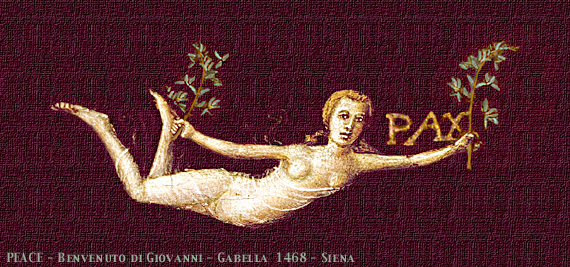Andalo (Trento) 20 – 27 January 2002
| UNIVERSITY OF ROME “TOR VERGATA” | UNIVERSITY OF TRENTO |
| ISTITUTO TRENTINO DI CULTURA | OPERA CAMPANA DEI CADUTI Rovereto |
| FORUM TRENTINO PER LA PACE Autonomous Province of Trento | UNION OF SCIENTISTS FOR DISARMAMENT Section of Trento |
| ITALIAN PUGWASH GROUP |
Course on:
South-Eastern Europe: Internal Dynamics and External Intervention
Director of the School: Carlo Schaerf (University of Rome “Tor Vergata”, Italy)
Directors of the Course: Paolo Calzini, David Carlton, George Joffé, Giancarlo Tenaglia
Purpose
ISODARCO has been organizing residential courses on disarmament and arms control since 1966. The courses are intended for people already having a professional interest in the problems of disarmament and conflicts, or for those who would like to play a more active and technically competent role in this field. The courses have an interdisciplinary nature, and their subject matters extend from the technical and scientific side of the problems to their sociological and political implications. The 15th Isodarco winter course will deal with the current situation in South Eastern Europe. Since the end of the Cold War in 1990, the Balkans crises has been a constant anxiety to statesmen in Europe and the United States as well as to the wider world. The break up of Yugoslavia has led to wars in Slovenia, Croatia, Bosnia and Kosovo. Now Macedonia is on the brink of catastrophe.
This course will analyse the history and current situation in South Eastern Europe in the light of the wider issues that it illuminates. What is the role of nationalism in the modern State? Indeed, what is the role of the state itself in the post-modern world of conflict management, rule-based international society and the growth of trans-national practice? Is intervention, in whatever form, as practised by the United Nations and NATO – and now the European Union, the appropriate response and will economic reconstruction, with promise of Union membership, resolve the Balkan crisis? These and other related issues will complete our investigation of the situation in South Eastern Europe.

